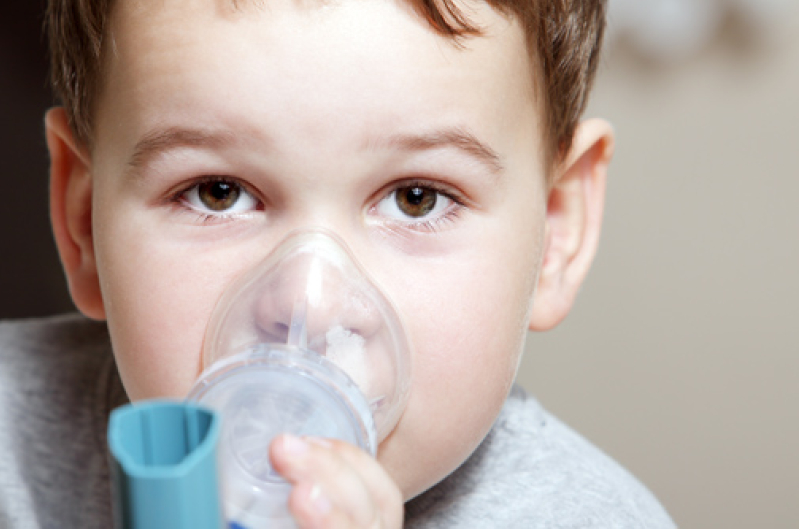
Babies exposed to dogs and farm animals may be less likely to develop asthma by the age six, a Swedish study suggests.
Dog exposure during infancy was associated with a 13 percent lower risk of asthma in school-age children, while farm animal exposure was linked to a 52 percent risk reduction.
While the findings don't prove that puppies prevent asthma, they do suggest that expectant parents may not need to give away the family pet for fear their baby might develop asthma from being around the dog, said lead study author Tove Fall of Uppsala University in Sweden.
"To let children have a pet in their home is likely to enrich the family life in many ways, and perhaps also enriches the child's microbiome and immune system," Fall said by email.
Fall and colleagues reviewed data on more than one million children born in Sweden from 2001 through 2010.
The analysis included about 276,000 school-age kids, including nearly 22,000 with a parent who owned a dog during the child's first year of life and about 950 with a parent who worked with farm animals. Overall, about 11,600 had an asthmatic event during their seventh year of life.
Exposure to dogs and farm animals during the first year of life cut the risk of asthma for preschoolers, too, the authors found.
Preschoolers had a 10 percent lower risk of asthma if they'd been exposed to dogs, and a 21 percent lower risk with exposure to farm animals.
The study involved almost 379,000 preschool-age kids, including about 53,000 exposed to dogs and 1,700 exposed to farm animals. Roughly 19,000 preschoolers had experienced at least one episode of asthma at the start of the study, and more than 28,000 additional cases of asthma were recorded during follow-up.
Exposure to animals did not seem to have a protective effect in children under age three.
Shortcomings of the study include a lack of data on allergies in the family and a potential undercount of the number of households with dogs, the authors acknowledge in the journal JAMA Pediatrics.
Researchers also lacked data on exposure to dogs or farm animals outside the home, and on cases when exposure to animals may have stopped after the start of the study.
The study also wasn't designed to pinpoint why the animals might be linked to a reduced asthma risk, Fall said.
"It might be due to a single factor or more likely, a combination of several factors related to dog ownership lifestyle or dog owner's attitudes, such as kids' exposure to household dirt and pet dust, time spent outdoors or being physically active," Fall said.
"As a parent in a dog and baby household, it is nearly impossible to keep everything clean, and maybe this is a good thing for your baby's future health," Fall added.
Children who spend a lot of time around dogs or farm animals might be exposed to bacteria that are linked to a lower risk of asthma, noted Dr. Frank Virant, an allergy researcher at the University of Washington and Seattle Children's Hospital.
Other factors that might connect animal ownership to lower asthma risk include the potential for kids who live with dogs or on farms to spend more time outside and get less indoor allergen exposure and live outside polluted urban areas, Virant, who wasn't involved in the study, said by email.
Unless mom or dad are allergic, "the more animals the better," Virant said.
SOURCE: http://bit.ly/1Hn9mcz JAMA Pediatrics, online November 2, 2015.






